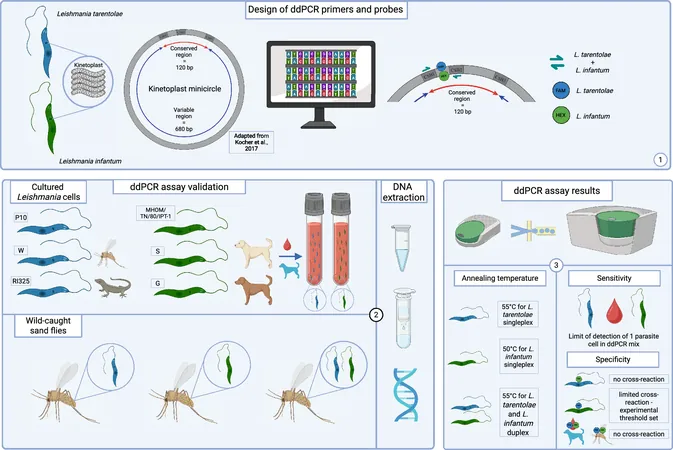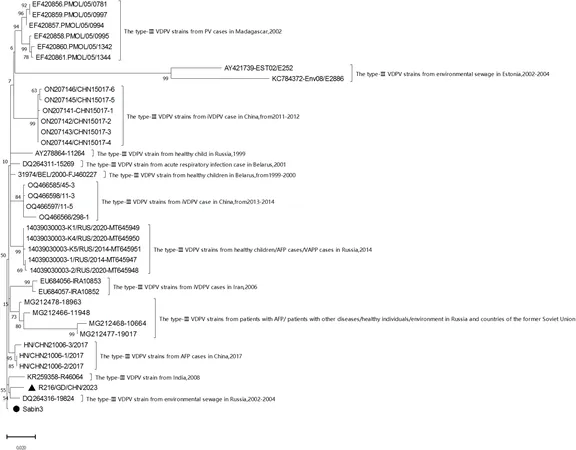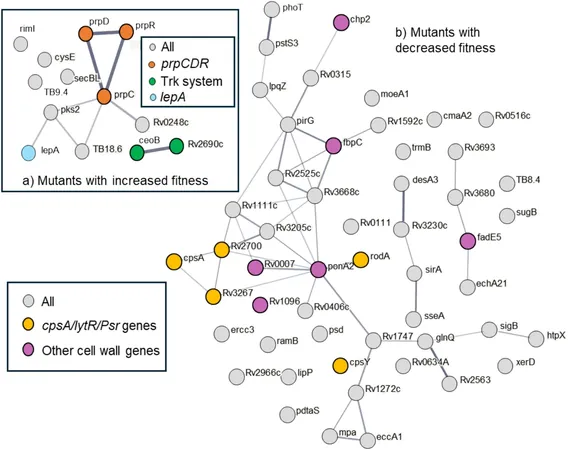
Shocking Study Reveals How Banning Tobacco Advertisements Can Significantly Reduce Smoking Rates!
2025-01-14
Author: Wei
Recent research has unveiled a compelling connection between stringent tobacco advertising bans and a remarkable decrease in smoking rates.
A meta-analysis conducted by Australian researchers found that these bans lead to a staggering 20% reduction in the odds of people smoking and a 37% decrease in the likelihood of starting to smoke altogether.
Published in the journal Tobacco Control, the study analyzed 16 different research papers involving approximately half a million participants up until April 2024. The findings underscore the significant impact of advertising restrictions on public behavior concerning tobacco use.
The World Health Organization (WHO) and Tobacco Advertising Bans
The World Health Organization (WHO) considers bans on tobacco advertising, promotion, and sponsorship (TAPS) as vital components of the Framework Convention on Tobacco Control (FCTC). Astonishingly, despite their potential, these bans are still "under-adopted" globally, with only 66 countries fully implementing what the WHO refers to as best-practice TAPS bans.
The Impact of Advertising on Smoking Rates
Research has consistently demonstrated that both direct and indirect advertising—in places where tobacco products are sold—plays a crucial role in enticing young individuals to start smoking. In the European Union, tobacco smoking remains the leading cause of premature death, claiming the lives of around 700,000 people annually. On a global scale, it was responsible for an estimated 7.7 million deaths in 2019 alone.
Correlation vs. Causation
Interestingly, while the study highlighted a notable correlation between advertising bans and reduced smoking rates, it found no significant link between these bans and the cessation of smoking. This discrepancy may be attributed to a limited number of relevant studies or high dropout rates among participants.
The Perspective of Public Health Experts
Hazel Cheeseman, CEO of the UK charity Action on Smoking and Health (ASH), emphasized the role of advertising in attracting new smokers. "Tobacco advertising plays a crucial role in recruiting young smokers to replace those who quit or die from smoking each year," she stated. Cheeseman pointed out that the UK's comprehensive advertising restrictions have led to a significant decline in smoking initiation among teenagers. She also expressed optimism about forthcoming regulations concerning vape marketing, which could further diminish youth vaping rates.
Global Tobacco Use and Policy Gaps
In the WHO European region—which stretches into central Asia—only 13 out of 53 countries have instituted complete bans on the advertising and promotion of tobacco products. According to the WHO, around 179 million adults and approximately four million adolescents aged 13 to 15 currently consume tobacco in this region.
Warnings from WHO Experts
Dr. Gauden Galea, a strategic advisor for WHO Europe, voiced concerns regarding the pervasive tobacco use fueled by aggressive marketing and policy deficiencies. He cautioned that without substantial changes, the region could face the highest tobacco use rates globally by 2030.
The Call for Comprehensive Bans
Additionally, experts from the WHO FCTC Secretariat have issued a warning that "partial bans on tobacco advertising are ineffective" and enable companies to exploit loopholes. They advocate for comprehensive advertising bans to curb tobacco consumption effectively.
Conclusion: The Need for Action
The study's findings bolster the case for nations around the world to not only adopt but rigorously enforce bans on tobacco advertising, promotion, and sponsorship. Cheeseman reiterated the importance of this enforcement: "Despite the nearly 20-year-old WHO treaty demanding advertising restrictions, countless countries still have not fully implemented these measures, leaving their populations vulnerable to manipulative tobacco marketing."
As the public health crisis continues, one question looms large: How many more lives will be lost before countries take decisive action against tobacco advertising?




 Brasil (PT)
Brasil (PT)
 Canada (EN)
Canada (EN)
 Chile (ES)
Chile (ES)
 Česko (CS)
Česko (CS)
 대한민국 (KO)
대한민국 (KO)
 España (ES)
España (ES)
 France (FR)
France (FR)
 Hong Kong (EN)
Hong Kong (EN)
 Italia (IT)
Italia (IT)
 日本 (JA)
日本 (JA)
 Magyarország (HU)
Magyarország (HU)
 Norge (NO)
Norge (NO)
 Polska (PL)
Polska (PL)
 Schweiz (DE)
Schweiz (DE)
 Singapore (EN)
Singapore (EN)
 Sverige (SV)
Sverige (SV)
 Suomi (FI)
Suomi (FI)
 Türkiye (TR)
Türkiye (TR)
 الإمارات العربية المتحدة (AR)
الإمارات العربية المتحدة (AR)